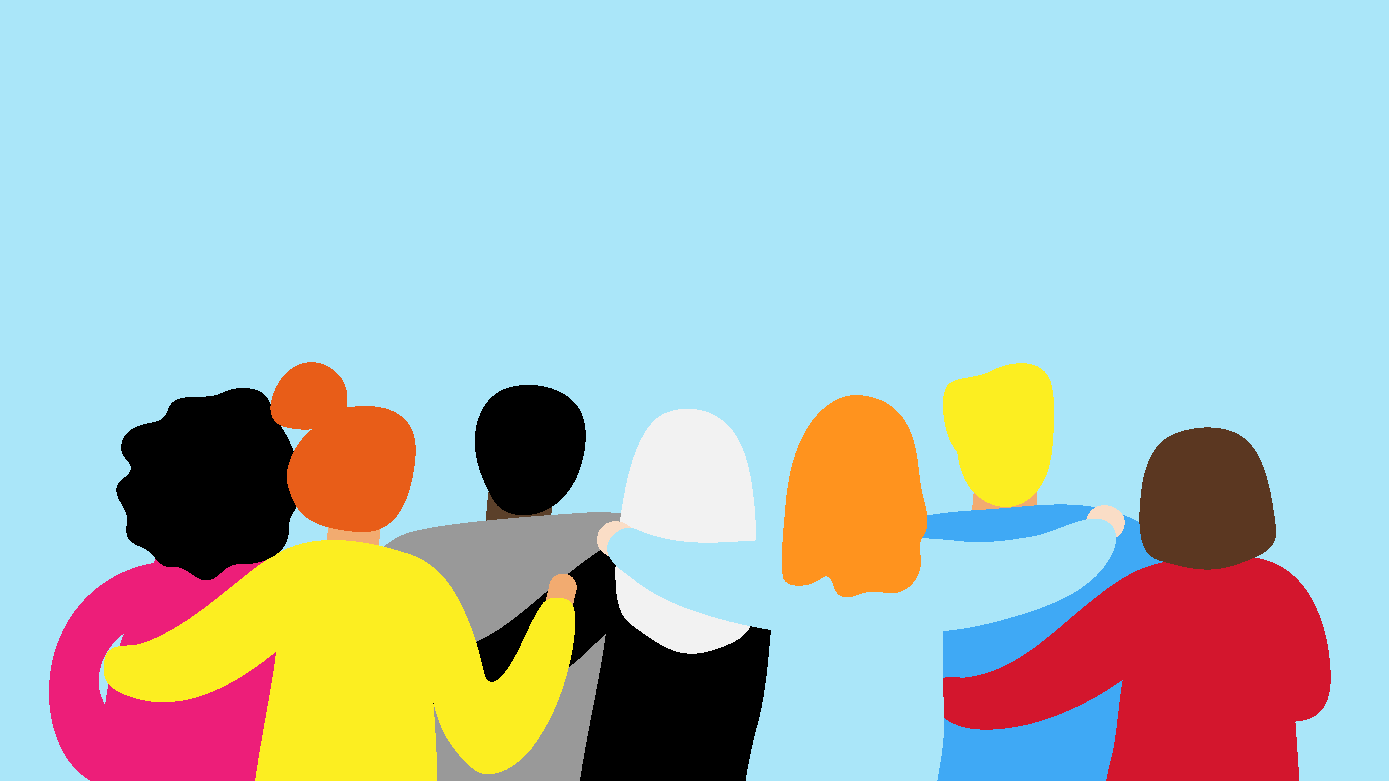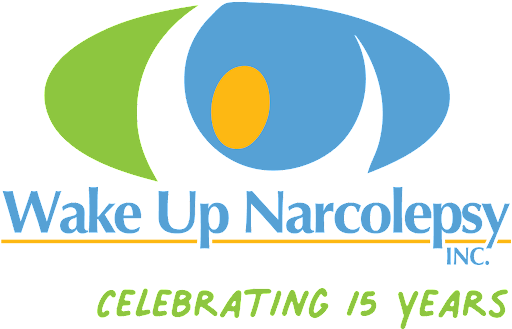
Feb 08 2024
The Value of Narcolepsy Support Groups
h in Blogs
By Tatiana Maria Corbitt
Welcome back to Narcolepsy Perspectives: A blog about anything & everything Narcolepsy!
When my Narcolepsy Type One (Narcolepsy with Cataplexy) symptoms began in my early 20’s, I immediately knew something was very wrong. I could brush off the extreme tiredness at first, claiming that my new need for excessive naps was due to the viral illness that I was recovering from at the time. It wasn’t until I started falling asleep behind the wheel after mere seconds of driving that I started to panic. Then, the cataplexy set in. By the time the full extent of my Narcolepsy symptoms presented themselves, I was having 40 full-body cataplexy attacks per day and I could not stay awake for longer than ten minutes at a time.
I started attending Narcolepsy support groups through Wake Up Narcolepsy after my biology research career ended due to the severity of my Narcolepsy symptoms. In the support groups, I could hardly believe my eyes and ears. Here, there were other people that struggled with the same things that I did! Here, there were some people whose dreams had also been dashed to smithereens for similar reasons. Here, there was a place for me to listen and express the extent of my struggles with Narcolepsy without worrying about being doubted, or invalidated. Here, my unfolding story of Narcolepsy could be heard without judgment or malice. Here, I was safe.
A study in the Community Mental Health Journal in 2014 highlights the many positive aspects of peer support groups.. Some of these include tangible or practical support, social support, emotional support, goal planning and skills teaching, normalization of a shared experience, comfort and personal connection due to the shared experience, inspiring hope and mutual support. People in this study even expressed the value of having people in their support group fulfilling multiple relationship roles in their lives that family, friends and even medical professionals were unwilling or unable to. One peer stated that her support group made her feel like she had family, saying “[They’re] like my doctor, [my] sister. And I don’t feel alone.” On peer support groups inspiring hope, one patient stated that, “to hear somebody else with their story… and to see where they are at now… it gives me hope.”
According to the paper, one of the most influential parts of peer support groups is their ability to give people access to a lived shared experience. This is a “critical and unique dimension that cannot be duplicated by other mental health providers.” Shared experiences promote a sense of normalcy that help people to not feel different or alone anymore, and this in turn improves their self-esteem.
I can attest to the positive impact that Narcolepsy support groups have had on my self-esteem, as well as my hope for the future. When I am able to empathize with people in similar situations, I am able to develop tenderness towards my own struggles. After all, since I am not alone in my struggles, they must be due to larger issues not completely within my control. It isn’t my peers’ faults that they struggle living with their Narcolepsy symptoms. Therefore, it isn’t my fault that I struggle, too.
When participating in Narcolepsy support groups, we are able to recognize larger patterns that we as a community face. For example, many people with Narcolepsy struggle to work “normal” full-time, and even part-time jobs. We are able to recognize patterns of inequality when it comes to schools and workplaces. We can also learn to validate each other’s differences, and in doing so, develop respect for other viewpoints of the experience of Narcolepsy itself. Everyone has a different treatment plan for Narcolepsy, and different ways of coping, for example. No two experiences can be exactly the same, no matter the extent of their similarities. Yet when we come together and hold one anothers’ truths, it becomes easier to hold our own truths as well.
Will I always struggle with Narcolepsy? Most likely, yes, unless a cure is found within my lifetime and I am one of the lucky few to have access to it. Neither of these are guarantees. However, learning to live with Narcolepsy is a journey. This journey is made easier and more efficient when I am able to gain insight from other people on how they manage their life and condition. Participating in Narcolepsy support groups allow me to experience positive paradigm shifts – integrating fragmented pieces of the self that I’ve neglected or turned away from in attempts to be accepted by society at large.
As a volunteer peer support facilitator for Wake Up Narcolepsy’s LGBTQIA+ Narcolepsy Support Group, I am able to help provide a safe space for people to be heard and understood. I often ask myself, “what can I do for my community?” Selfless service in the form of volunteer peer support has allowed me an opportunity to grow both individually and within a larger community. I have developed lifelong connections with people that I fondly refer to as my “Narcolepsy family”. We take turns supporting each other, and in doing so, have cultivated a two-way street of loving kindness and acceptance that will forever be impressed upon my heart.
For more information on the various Wake Up Narcolepsy Support Groups that are offered, you can visit our website here.
References:
Gidugu, V., Rogers, E.S., Harrington, S. et al. Individual Peer Support: A Qualitative Study of Mechanisms of Its Effectiveness. Community Ment Health J 51, 445–452 (2015). https://doi.org/10.1007/s10597-014-9801-0
